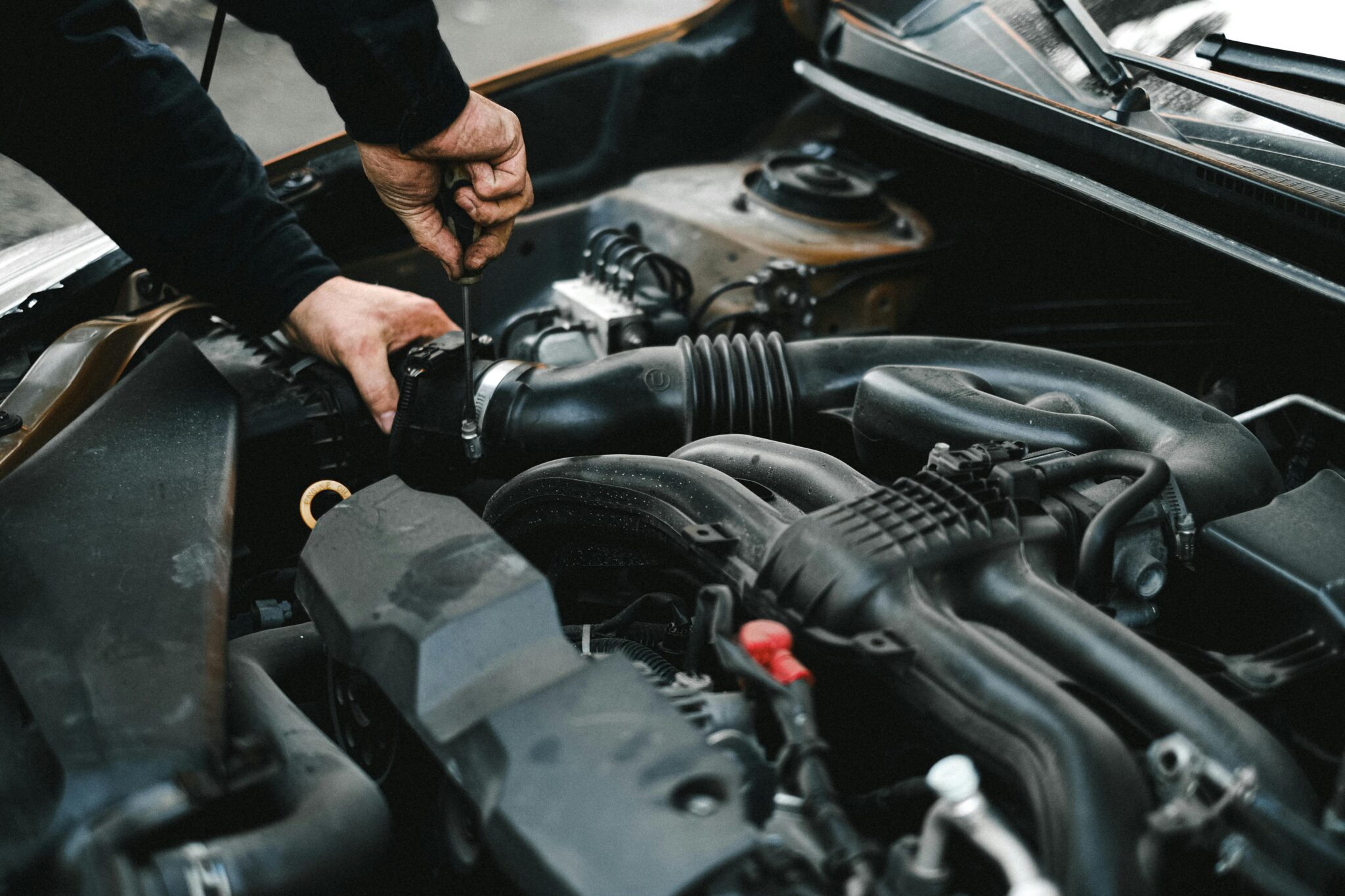Introduction
Uber, the world’s largest ride sharing service, has had its share of legal troubles over the last few years. But aside from its legal battles, one of Uber’s greatest challenges is keeping its drivers and passengers safe. With millions of users logging in every day to hail rides from strangers across town—and beyond—Uber’s reputation as a safe way to get around relies heavily on its ability to facilitate secure transactions between driver and rider.
Driver must pass background check.
- Drivers must pass a background check. Drivers are required to have a valid license, insurance and meet other requirements such as being over 21 years old and physically fit.
- The app allows you to share your ride with others who are going in the same direction as you. This feature is called “UberPool” and it allows passengers to split costs on certain routes or during peak hours when fewer drivers are available for hire (like rush hour).
Uber employees can see your name and destination.
The Uber app has a feature that allows employees to see the names and destinations of riders. This information can be used for legitimate purposes, such as routing or customer service inquiries. However, it also raises privacy concerns: Uber employees are not allowed to use this data for any other purpose (including marketing).
If you’re concerned about your privacy when using ride-sharing services like Uber or Lyft, consider taking steps such as deleting the app from your phone once you’ve arrived at your destination so that no one else can access it later on via GPS tracking; only using cash instead of credit cards in order not to leave behind any digital trail; not giving out personal information online such as addresses or phone numbers; using burner phones instead of smartphones if possible (or just leaving them at home altogether).
Uber bans riders who behave badly.
Uber has a strict code of conduct that riders must adhere to. If you’re rude to your driver, you may be banned from using their service. Uber has several safeguards in place to protect both riders and drivers from dangerous situations:
- Riders are encouraged to share their location with friends or family when they use the app so that someone can check on them if something goes wrong.
- Drivers have access to an emergency button on their phones which allows them to contact police immediately if there’s any kind of threat towards them or their passengers during a ride (though some have complained about how long it takes for police officers to show up).
Riders’ names and destinations are sent to the driver once a ride is accepted.
Riders’ names and destinations are sent to the driver once a ride is accepted. This information is sent to the driver’s phone, but it’s not visible on Uber’s app or website.
Uber can see your name and destination if you’re using UberPOOL or UberXL (an option for groups of three or more people), but it won’t show up on your bill.
Uber has a number of security safeguards in place to protect both riders and drivers, but that doesn’t mean everything is private and secure.
- Uber drivers must pass a background check.
- Uber employees can see your name and destination when you request a ride, but they don’t know where you’re going until you accept the trip.
- If riders behave badly in the car, their accounts may be banned from using Uber again.
That’s not to say that everything is private and secure–you should still use caution when sharing information with strangers on any platform or app, including Uber.
Conclusion
From the beginning, Uber has been committed to ensuring the safety of both riders and drivers. The company has a number of security safeguards in place and works with law enforcement agencies across the world to investigate incidents involving its service. As with any other online service, there are risks involved with using Uber–and they don’t stop at just what happens during a ride either!






